Now We Can See The Moon: 3 Ways to Be Reflective
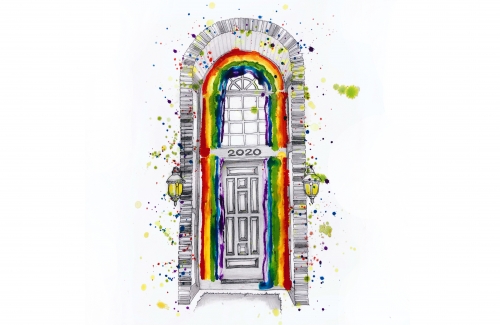
I was two years old and asleep in a loft bed when our water heater exploded and the house my dad had raised up around our family caught fire. My dad tucked my brother under one arm and me under the other and ran us safely outside of the house.
Meanwhile, my mother drove up a winding mountain highway after a per diem nightshift at a local hospital and saw the smoke rising. When she reached the house, she found her kids safe and her husband badly burned. He was life-flighted to the hospital and wore a Jobst compression suit for a year afterward. As soon as he was strong enough, he began to rebuild the house on that same piece of earth.
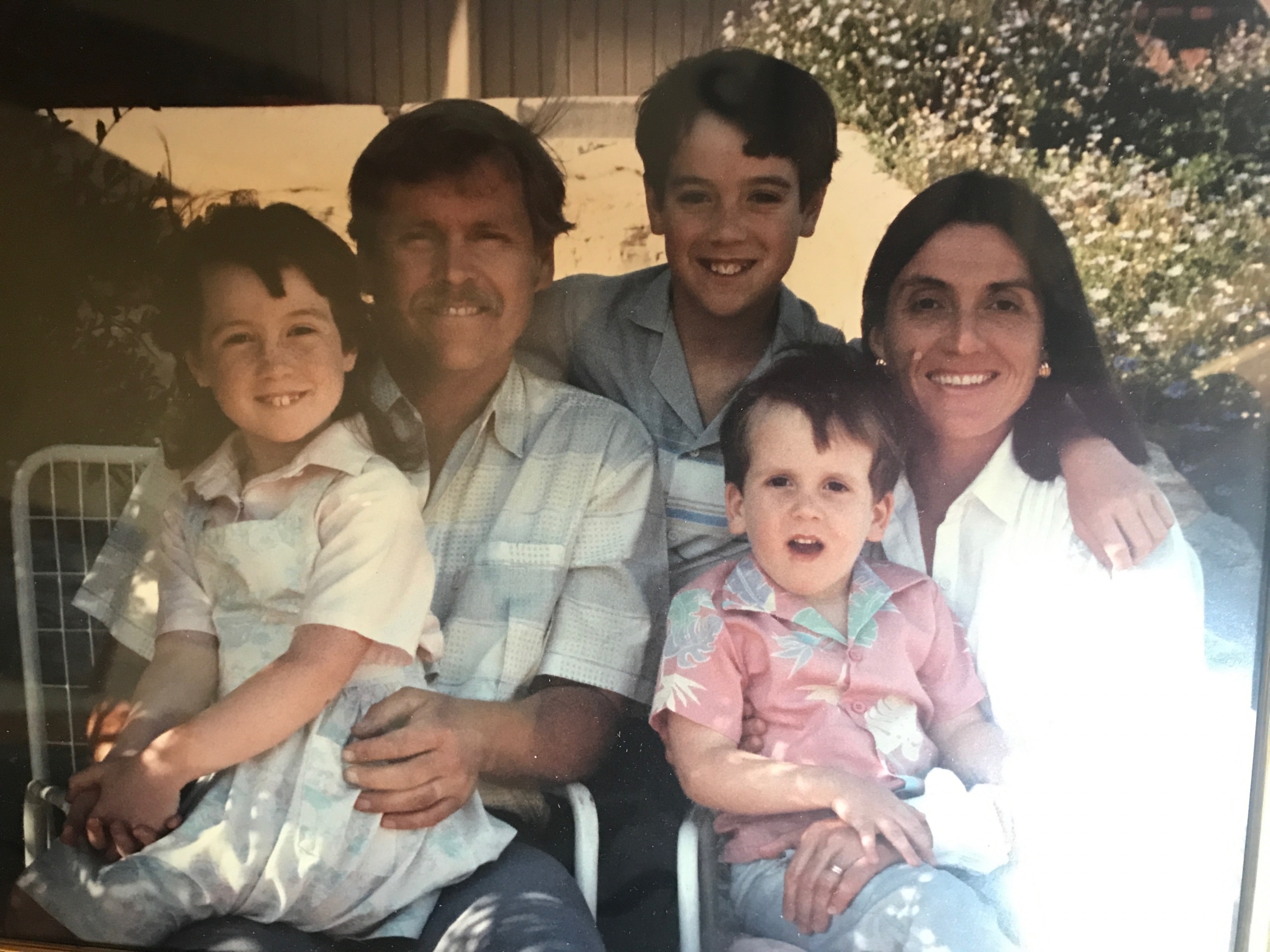
My brothers and I grew into adults on that land. Twenty years after the water heater blew, power lines fell on that same nine acres of SoCal high desert, and my parents lost their home and everything in it in a fire. Again.
A year later, as my intrepid and indomitable father started to rebuild the house for the third time, I visited my parents at their temporary home. I looked across the kitchen, and read the words on a tapestry hanging on the wall that made my thoughts disappear mid-conversation and my words fall to stillness in my mouth. It read simply; “The barn burned down. Now I can see the moon.”
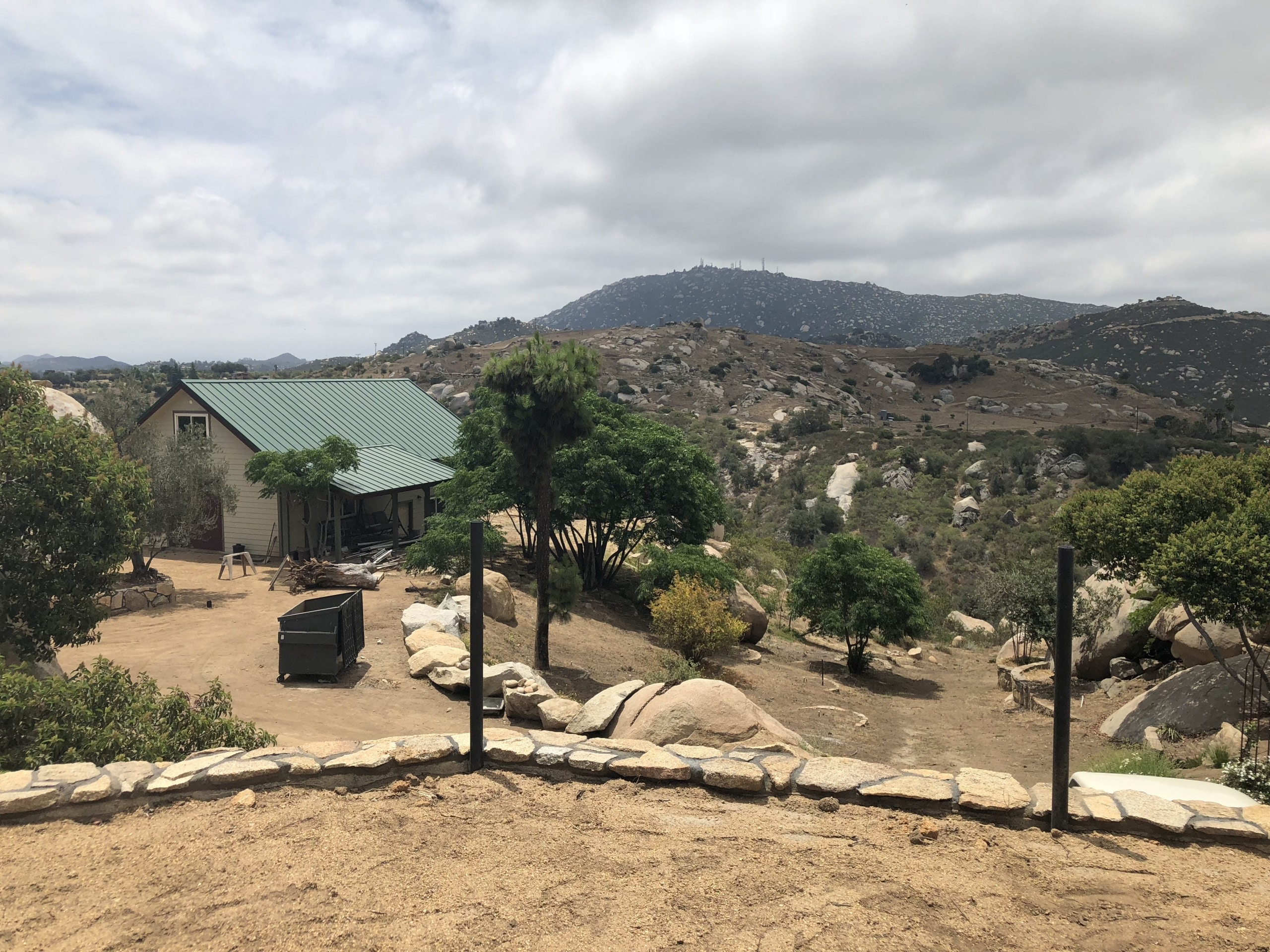
I looked at my mom with some mix of incredulous disbelief and profound respect. I shook my head with a questioning smile. She said to me, “Our great grandparents crossed the ocean with the clothes on their backs, running from famine and war. Our grandmother settled in the West and lived in a sod house where she had nine children, six of whom survived. They lived. They thrived. I can do that too.” She had gotten her feet under her and was taking in the world from a new view.
Change is usually slow and constant, and it hits us at different moments in our lives. Right now, change is different. We’re together in an event that has shifted the way we relate to ourselves, our families and the world. We are each experiencing it, all at once.
I wonder, before we rush to get back to the way things were, can we ask ourselves: what parts of our old ways do we want to rush back to, and what new ways of being do we want to embrace? What becomes possible when we have to press reset? Here are three ways to guide your personal introspection:
#1: Take time to reflect on what is and isn’t working.
Many of us live on a razor’s edge in our everyday lives. For me, that means balancing being Mama, leader, artist, wife, daughter, sister, friend. It means trying to squeak in self-care and find spiritual growth in the process. In some ways, this time at home has forced my white-knuckled grip on all of those roles to loosen, and I’ve had to be okay with what is. When I reflect on what is and isn’t working in my everyday life from the new view I have today, I can see some hidden gifts emerging from the challenge of this time:
Our priorities are simplified.
We’ve been shoe-horned into surrendering anything that’s not 100% necessary and focusing our energy instead on the main priority of balance. Balancing our bodies, our time, and our families. That’s all.
We have an increased connection to our collective well being.
Our closest friends and families are in our hearts on the daily. The well being of people we share our communities and our world with are at the forefront of our minds. We check in on our neighbors and have increased appreciation for the workers who are supporting our lives.
Good is enough.
We’ve had to let go of what isn’t getting done and focus instead on doing only what we can. As my good friend says, there truly is no consequence for my kids living in their PJs every day. They’re not lazy, they’re just cozy. What “shoulds” can we kiss goodbye?
We are present, in a new way.
Today’s uncertainty keeps us from planning ahead as we’re used to, which means that the moment we are more frequently losing ourselves in, often with our kids or loved ones, is right now.
We aren’t saying yes to everything.
We aren’t going to three events on a Saturday and two more on a Sunday, in between grocery store stops and errands. Instead, we’re spending time with what’s precious and making meals together. How might we remember after this crazy time is over, to build in time at home together? How might we remind ourselves that very few opportunities absolutely must be taken?
We are taking better care of ourselves.
We aren’t as worried about having a perfect look. We are attempting to practice daily self-care. Yes, it’s about survival right now, but we are trying. Many are adopting gratitude practices. Because we know that we can’t, we aren’t trying so hard to control everything. All of this is happening out of necessity, but what if some of this can become our way?
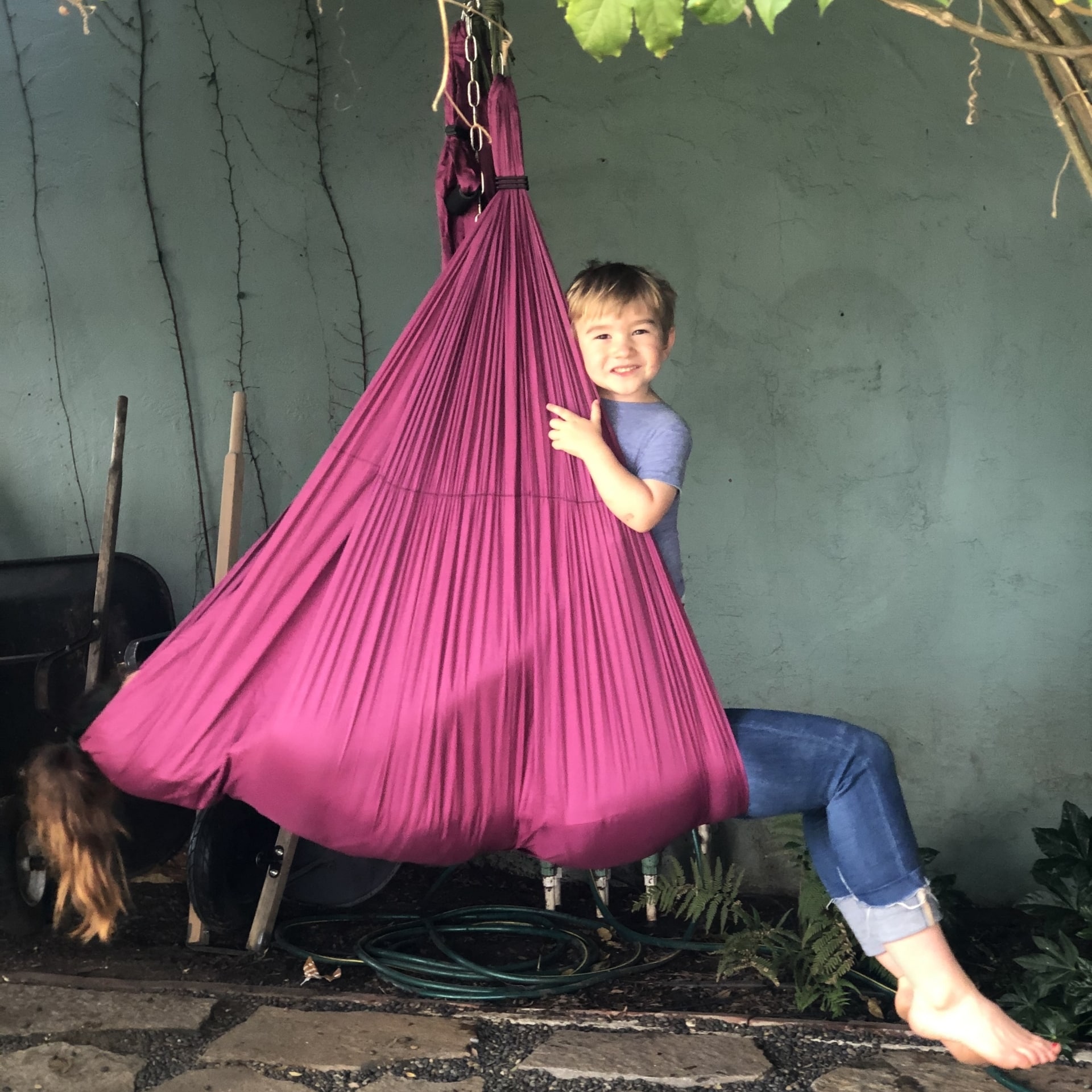
#2: Ask how you are impacting other people and the world.
We are using our gifts, and sharing ourselves.
Through social media, things like window rainbows, through online offerings, we are creating and sharing ourselves more, often to the benefit of others. How might we transform this desire to serve into a longterm habit?
The environment is healing.
I pulled my car out of the driveway after three weeks to take it for a spin around the block so the battery wouldn’t die. If you squint when you look at emission reduction images, you can almost see dolphins and whales breaching with joy in cleaner water. How might we drive less, bike more, or just stay still?
We have more time with our families.
Our kids thrive with our attention. This time has led many families I know to either plan or stumble into projects, shared meals, and neighborhood walks born from cabin fever. How might we have better boundaries after this is all over to protect the time with those we love most?
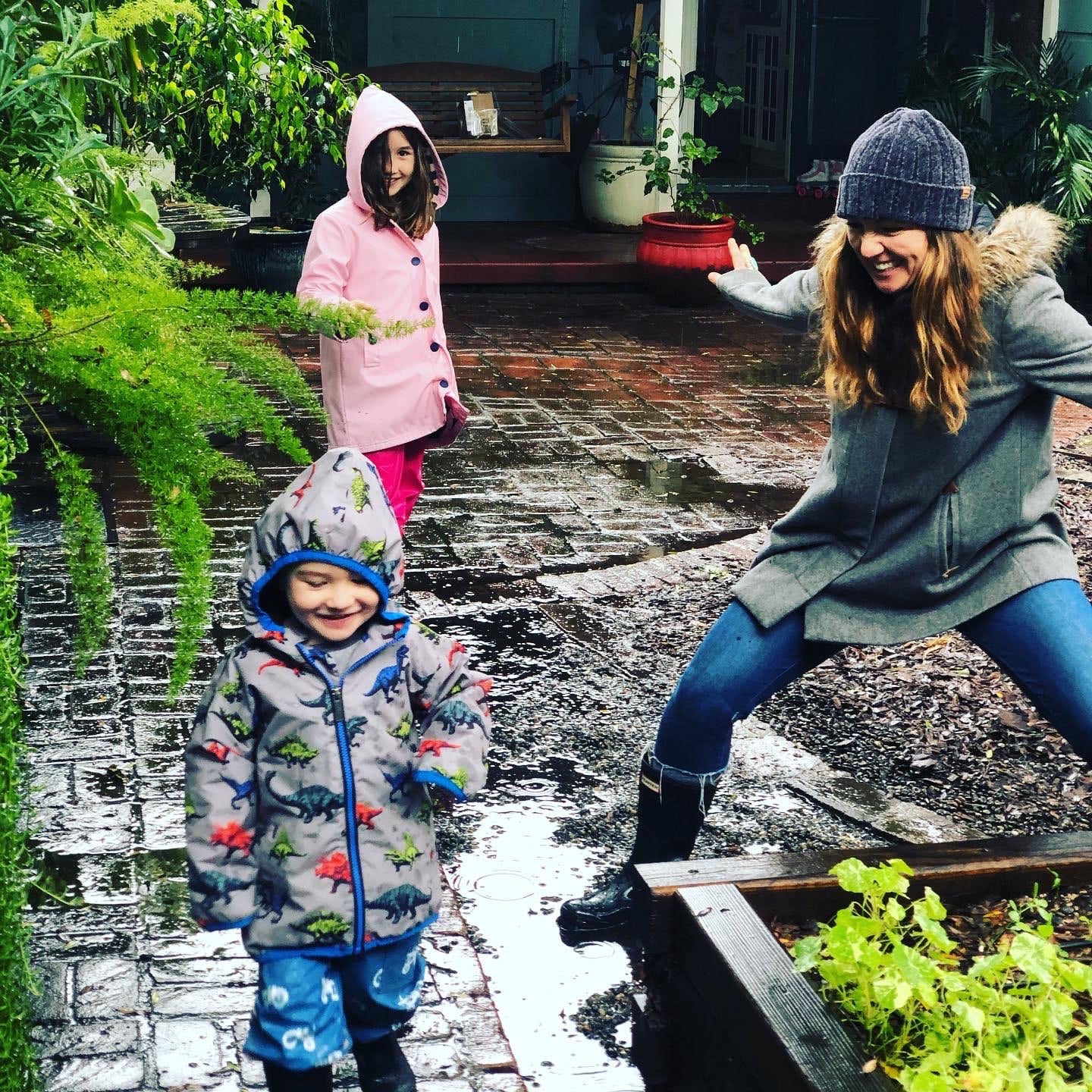
#3: Seek feedback to improve.
Reflection is not just a solitary exercise.
When we ask others about the impact of our ways, words and actions, we gain valuable insight that can help us further our goals, solve problems, course correct and seize new opportunities. What new light do your partner and friends see in you? I asked my husband this question and he said the freer me has been peeking back out since I’ve been writing and painting more. Amidst all of the hard stuff, that’s nice to hear. What might your friends and partners see in you?
What things do your kids notice about this time?
When I asked my kid’s opinions, my three-year-old son brags that he loves how much his sister plays with him. My daughter says softly that she loves to be with the family. Hearing them reflect helps me focus on how their friendship has blossomed instead of worrying about the schoolmates they might be missing. What do you think your kid’s reply might be?
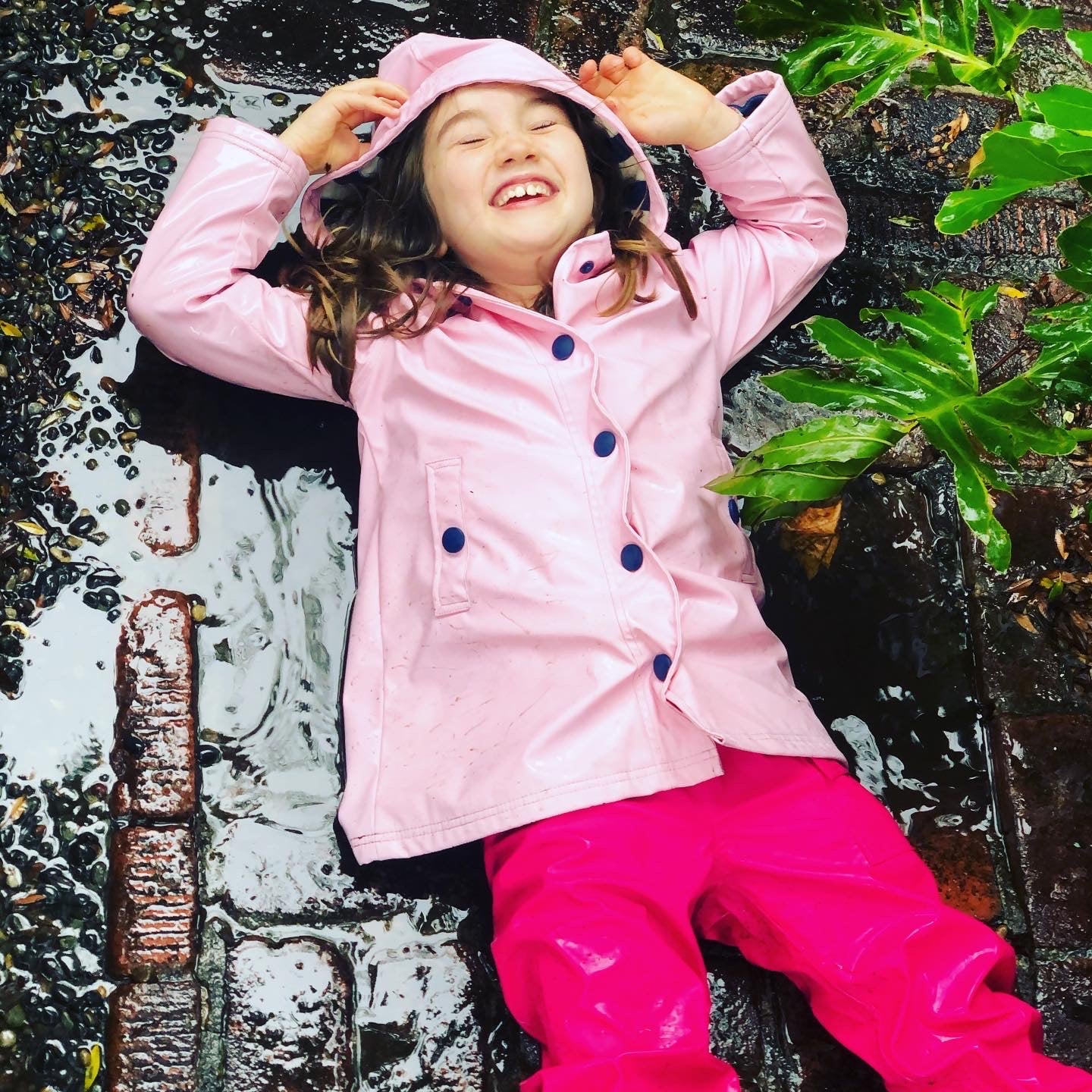
The barn has burned down. Look up at the moon. What can you see now that you couldn’t before? What if we were to collectively reject the notion of a return to normal? What would April You think, try, say, or value that January You might have been too fearful to try or may have overlooked? What is now possible for the future?
—
Marie McDonald is Galileo’s VP of Communications & Southern California Operations. When she’s not heading up camp operations, Marie loves to write, paint, and adventure with her fam.

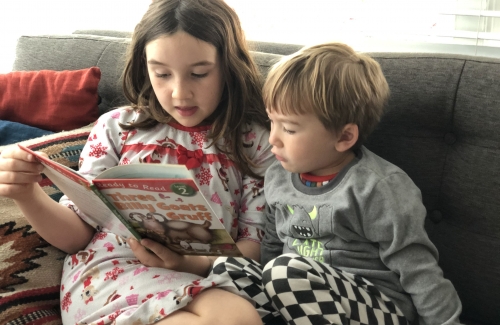 Try Slow: The Courage to Be Still
Try Slow: The Courage to Be Still 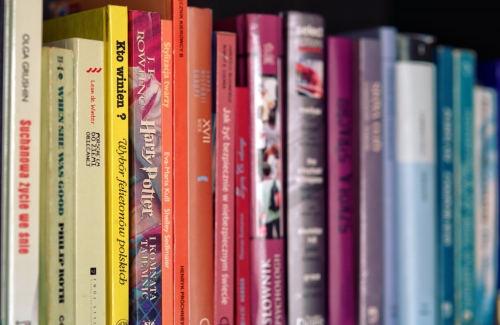 Books That Encourage Kids to Be Reflective
Books That Encourage Kids to Be Reflective 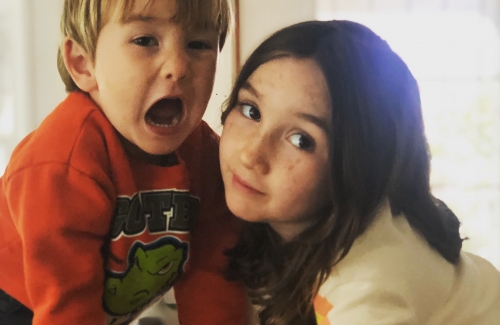 Little Sips: How to Stay Determined during Challenging Times
Little Sips: How to Stay Determined during Challenging Times 